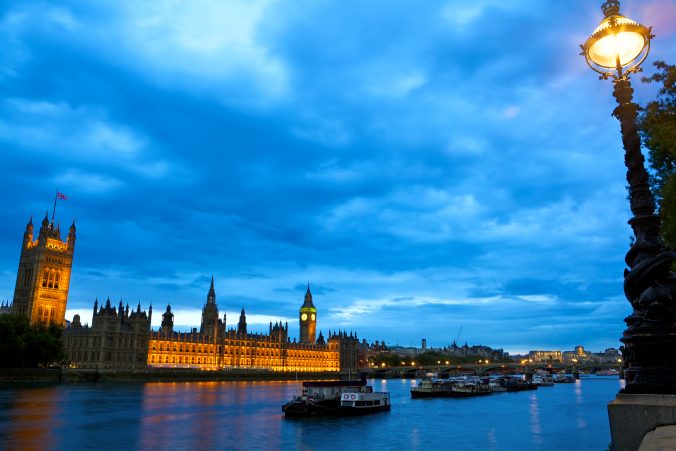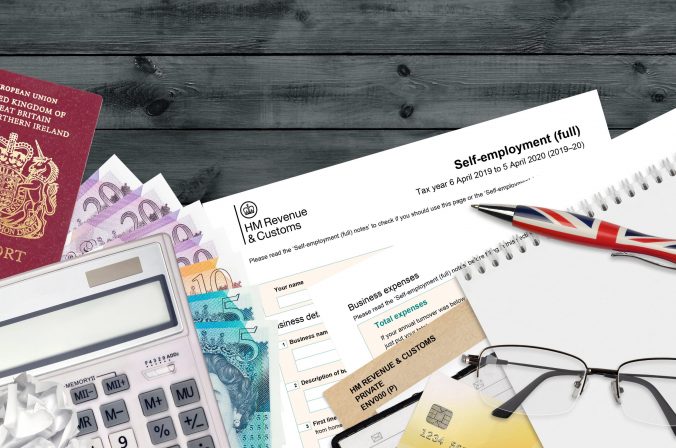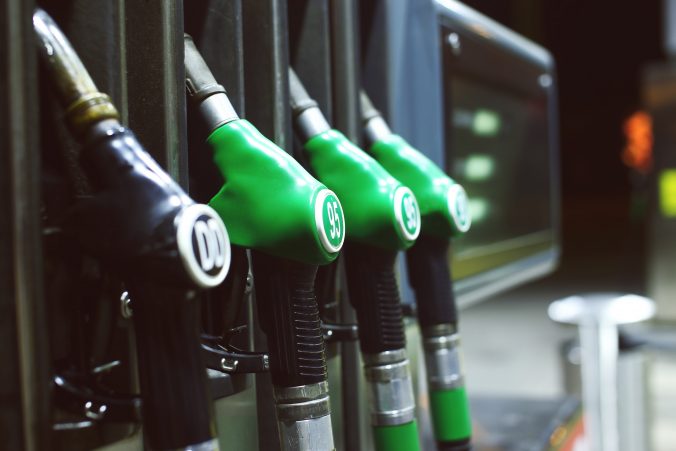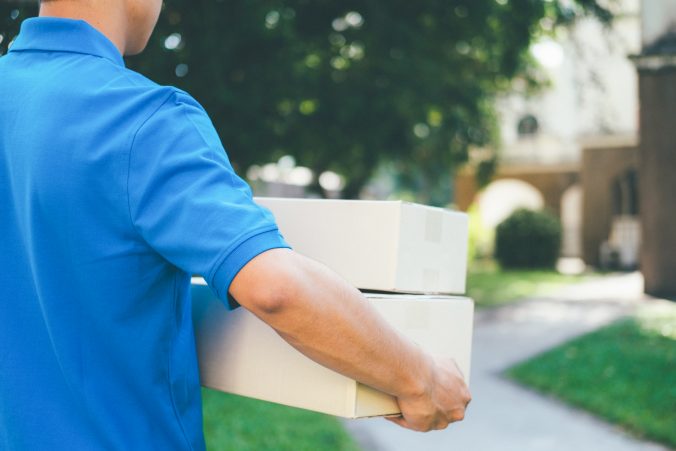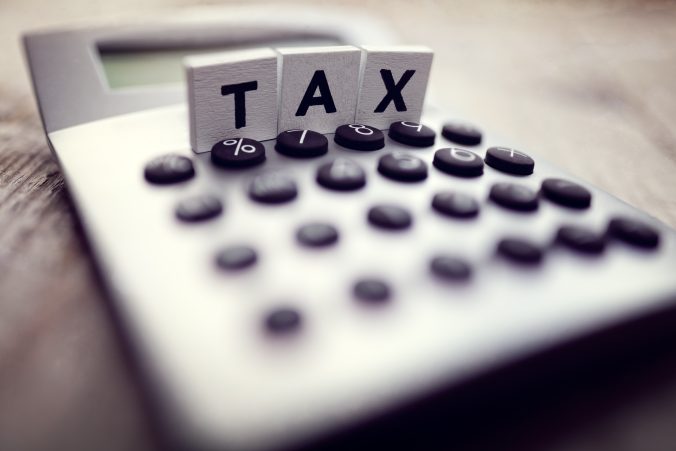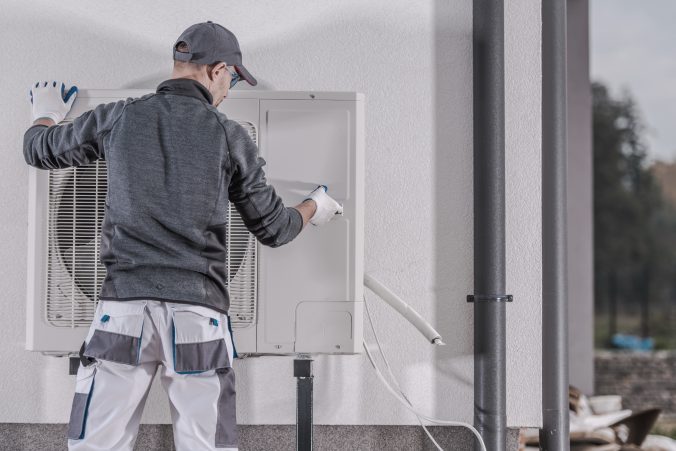On 21 December 2021, Chancellor of the Exchequer, Rishi Sunak, unveiled a £1 billion COVID-19 fund, including cash grants of up to £6,000 per premises for each eligible firm.
Mr Sunak said the government would also help certain firms with the cost of sick pay for COVID-related absences.
The Chancellor also announced an extra £30 million to help support organisations such as theatres, orchestras and museums.
To support other businesses impacted by the Omicron wave – such as those who supply the hospitality and leisure sectors – the government is also giving a more than £100 million boost to the Additional Restrictions Grant (ARG) fund for local authorities in England.
The Chancellor said:
‘We recognise that the spread of the Omicron variant means businesses in the hospitality and leisure sectors are facing huge uncertainty, at a crucial time.
‘So, we’re stepping in with £1 billion of support, including a new grant scheme, the reintroduction of the Statutory Sick Pay Rebate Scheme and further funding released through the Culture Recovery Fund.
‘Ultimately the best thing we can do to support businesses is to get the virus under control, so I urge everyone to Get Boosted Now.’
Internet link: GOV.UK

